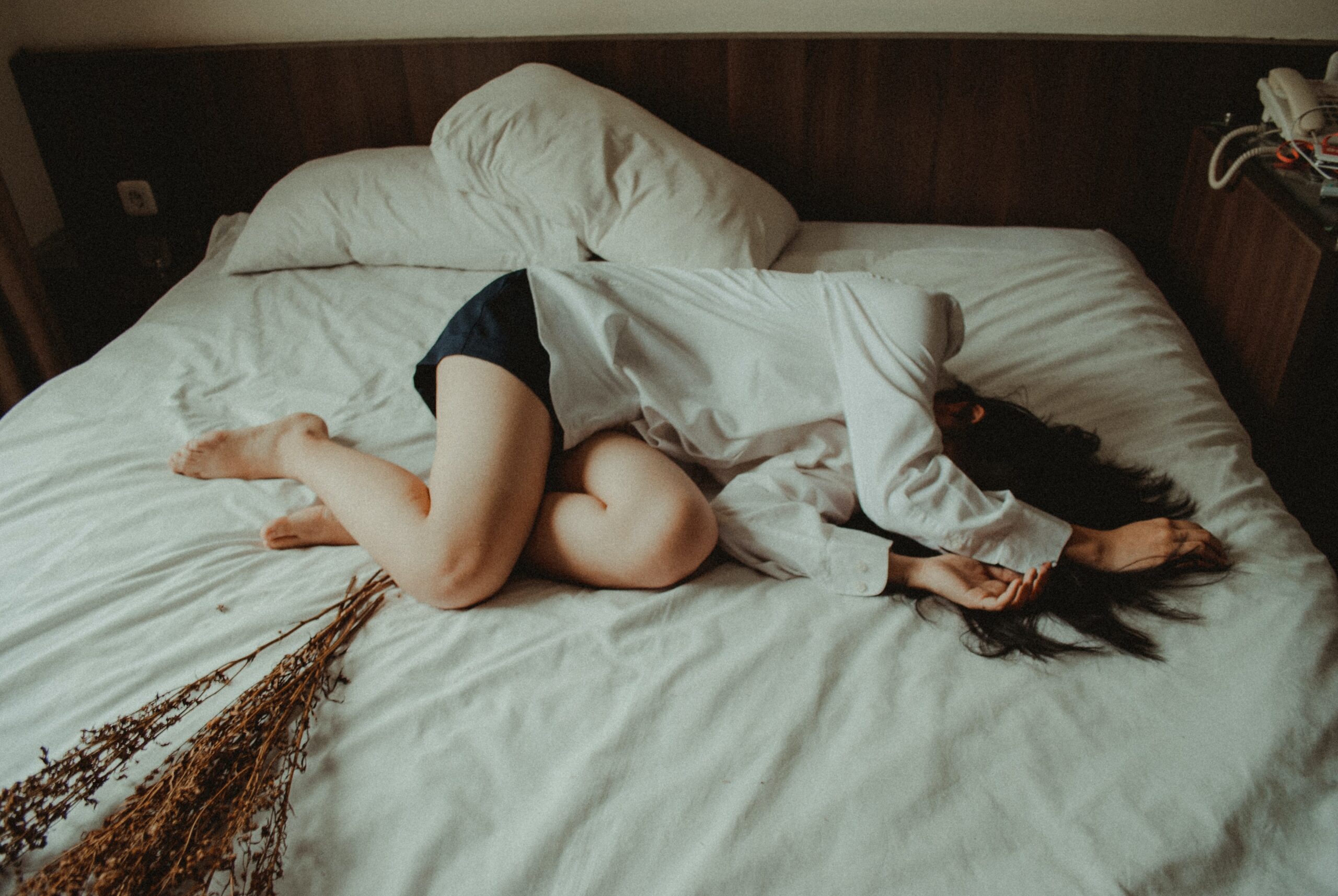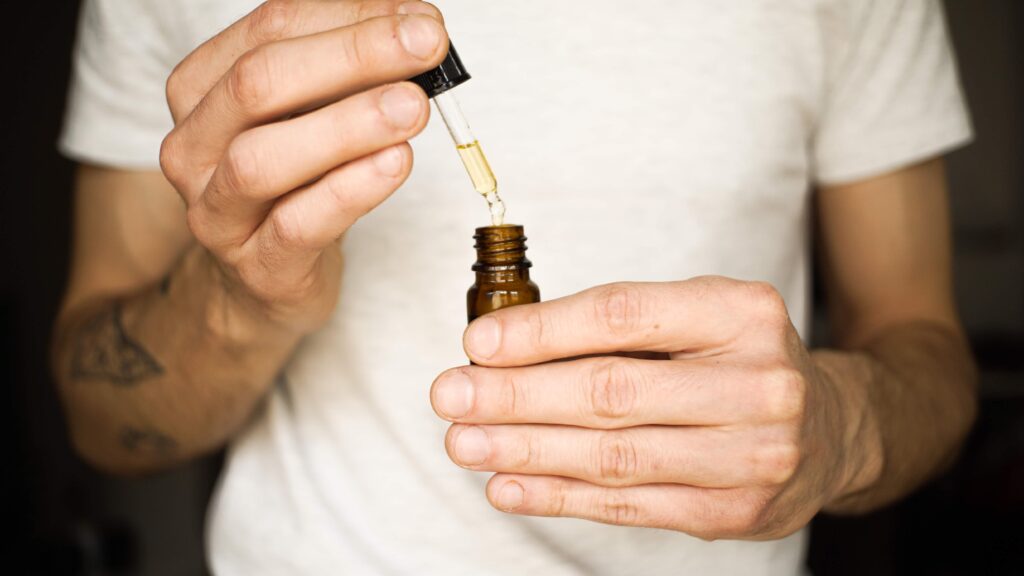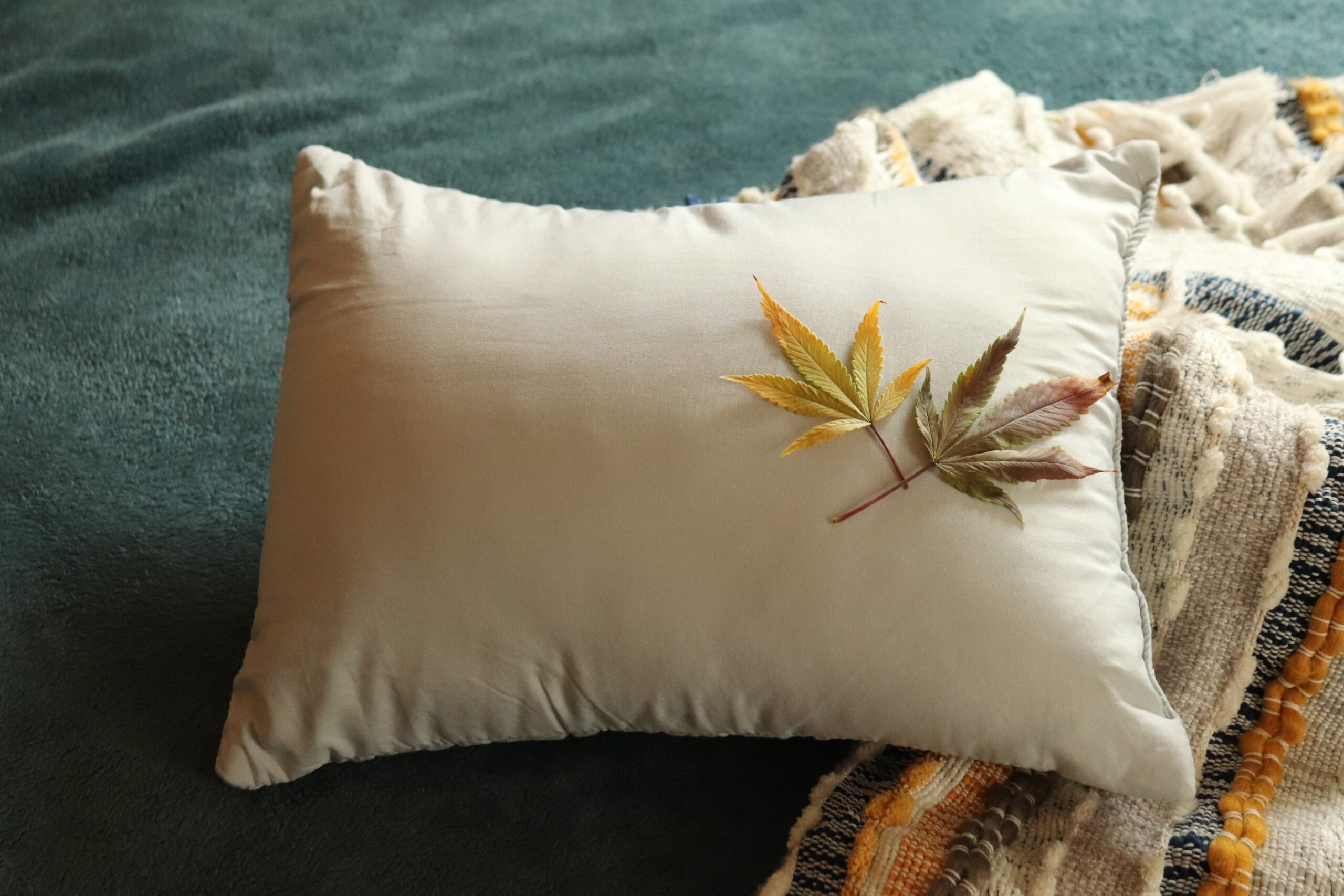So many of us struggle each night to get the proper amount of sleep needed to feel our best the next day. Whether we toss and turn each and every night or we just have some sporadic nights of watching the clock here and there, we know how disruptive poor sleep can be.
The good news is that there are options out there that are completely capable of getting our sleep schedule back on track. Aside from pharmaceuticals and mindfulness practices, natural, plant-based derivatives can come to the rescue. In fact, one that’s being explored voraciously is cannabidiol (CBD), the primary compound found in the hemp plant.
What are Some of the Primary Causes for Poor Sleep?
First and foremost, if you’re suffering from chronically bad sleep in the form of insomnia, then you may want to consider seeing a doctor, who would then possibly send you to a sleep specialist. Often, poor sleep can be traced back to one key underlying cause and addressing that underlying cause can cure you of your sleep difficulties.
So, what are the most common causes?

Cause #1: Stress/Anxiety/Depression
The most common cause for bad sleep has to do with mood. The neurotransmitters that determine our mood strongly influence our ability to sleep, since chemicals like serotonin, dopamine, cortisol and melatonin must maintain a specific balance for sleep to be possible. Stress, anxiety and depression can all throw off this delicate balance, leading to a night of tossing and turning, or waking up frequently.
Cause #2: Poor Diet
Yes, your diet can influence your sleep. Diets high in sugar or carbs can give us a rush of energy just when we’re supposed to be winding down, and even consuming highly inflammatory foods can activate cortisol which keeps us awake. Failing to consume enough of sleep-supporting nutrients like magnesium, calcium, and Vitamin D can also cause insomnia.
Cause #3: Physical Pain
Physical pain is disruptive to sleep, which is something that many of us are already well aware of. Injuries and pain conditions can all keep us up at night due to the distress that they cause.
Cause #4: Lifestyle Habits
A lot of lifestyle habits contribute to poor sleep, from substance abuse to drinking too much coffee, and working late hours. These habits can also affect your daily routine.
Cause #5: Disruptions to Circadian Rhythm
Sometimes, a disruption to our routine throws our sleep schedule out of whack, like traveling to a new time zone or taking a later shift at work.
Cause #6: Medications
Some medications may cause insomnia in some individuals, and this is something that should be addressed with a doctor. These medications would be the following:
- SSRI Antidepressants
- Stimulants
- Nasal Decongestants
- Oral Decongestants
- Corticosteroids
- Beta Blockers
- Statins
- ACE Inhibitors
- Cholinesterase inhibitors
- Theophylline
- Thyroid Hormone Replacement
- Nicotine Replacement Medications
Cause #7: Underlying Conditions
Certain underlying conditions such as allergies, heart disease, hypertension, thyroid problems, and depression can cause a person to feel wired at nighttime rather than drowsy.
Cause #8: Hormonal Fluctuations
Many women experience disturbed sleep at certain points during their menstrual cycle and again during menopause, as hormones like estrogen and progesterone influence our balance of sleep hormones.
What is the Relationship Between Cannabinoids and Sleep?

Sleep is a process of the body that must be properly balanced to function effectively. And, that’s where cannabinoids come in. Cannabinoids in the hemp plant like cannabidiol all work with the body’s endocannabinoid system (ECS), which has the ability to promote homeostasis, or equilibrium throughout the various bodily systems. The ECS is made up of cannabinoid receptors that run like a network throughout the body. When CBD attaches to these receptors, they can regulate processes, sleep included. More specifically:
- CB1 receptors are located in the nervous system to control sleep cycle, mood, and even pain tolerance.
- CB2 receptors express themselves in the digestive and immune systems, and these can influence sleep as well.
For instance, inflammation, an immune system process, shares a symbiotic relationship with stress. And, gut microbiome balance can influence hormone production which can strongly impact sleep each night.
What Can CBD and Other Cannabinoids in Hemp Do for Sleep?
Now, let’s dig into the research. CBD has been widely studied, as it was discovered all the way back in 1940, and researchers have confirmed that it’s a tremendously useful cannabinoid. In fact, many cannabinoids in hemp seem to offer support to the body’s natural sleep cycle through interaction with CB1 receptors in the nervous system that modulate our sleep cycle to make it as efficient as possible.
One study showed that consuming CBD was able to regulate sleep by balancing neurotransmitters that all have an effect on our ability to fall asleep and stay asleep. Specifically, it offered support to aging individuals whose circadian rhythms began to show inconsistent patterns which are common with age. Meanwhile, cannabidiol has been shown in similar studies to influence stress levels, which can be solely responsible for keeping us awake at night.
At the same time, there’s another cannabinoid in the hemp plant that may offer further sleep support: cannabinol (CBN). This is a fascinating cannabinoid that many people have found to offer a distinctively useful effect at bedtime, offering a mellowing sensation throughout both the body and the mind. Any full or broad spectrum hemp-based product contains the naturally occurring amount of CBN that exists in the hemp plant, which can work with CBD synergistically to boost the desired effect on sleep.
Because CBD works with the body in such a holistic manner, it may be able to offer support for sleep through various regulating effects that pertain to other processes. For example, the hemp plant is rich in inflammation-fighting properties, alongside CBG (cannabigerol), another cannabinoid that has strong anti-inflammatory potential, and this can reduce inflammation that can keep us awake either in the form of pain or the release of cortisol throughout the body.
How to Derive the Most Sleep Support from a CBD Routine
To fully maximize the potential that CBD can offer, we need to make smart choices when it comes to building a routine. This is based on choosing the best product and taking it in a way that will have the most direct effect on our sleep cycle.
- Find a Reputable Company: First, you should only buy CBD from a trusted brand that offers third-party lab reports through their website and has lots of positive reviews about their products online.
- Look for Full Spectrum Products: Full spectrum hemp is going to contain the CBN and CBG in the plant that can contribute to a product’s ability to support better sleep each night. Products containing full spectrum hemp are easy to identify as they will say this on the label or in the product description on a website.
- Skip the Topicals: While CBD topicals are great for localized discomfort of the body, they aren’t going to make their way into the nervous system to promote sleep. The exception is if you have a localized area of discomfort that’s keeping you awake.
- Take CBD Nightly: It’s best to take the same dose of CBD each and every night, as this can allow the cannabinoid to accumulate in the body and become more effective as time goes on.
Try Kronic Releaf CBD for Better Sleep Each Night
Cannabidiol, along with other cannabinoids in the hemp plant, can all play a role in our nightly sleep cycle, and help us feel more at ease when bedtime comes around. At Kronic Releaf, you’ll find a multitude of lab-tested, CBD-rich formulas including full spectrum options that are great for nightly use. Containing generous potency levels and clean ingredients, they’re perfect for incorporating into any bedtime routine.

